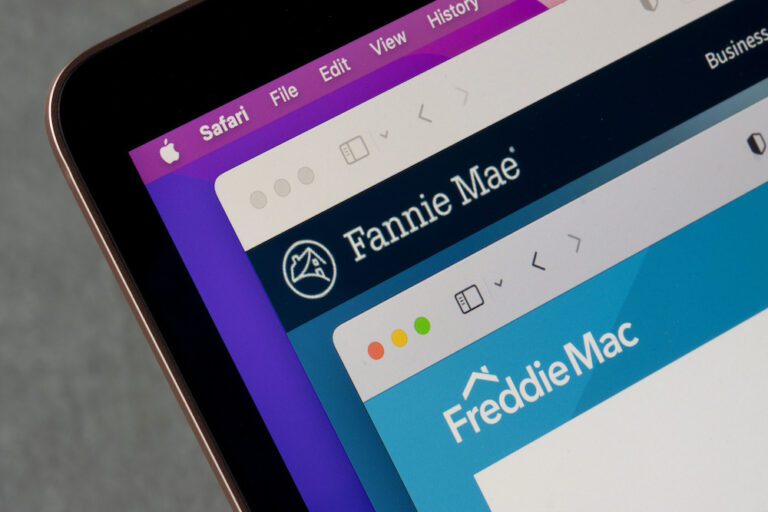
When you’re pre-qualified for a home loan or beginning the mortgage application process, there are some actions you should avoid taking. These things could potentially delay your mortgage closing or even put you at risk of not being approved at all. Here are some things to avoid before your loan closes.
Avoid Making a Large Purchase
You’ll want to avoid making any large purchases regardless of whether it’s in cash or on credit. A large cash purchase will take away from your savings which you’ll need for a down payment and closing costs and a large credit purchase will increase your debt-to-income ratio and credit utilization which are used to qualify—or disqualify—you for a loan. It’s in your best interests to save large purchases after your mortgage has closed.
Avoid Opening or Closing Lines of Credit
Your credit can be pulled at any point during the mortgage process up through the date of closing. Opening a new line of credit or closing an existing one can negatively impact your score which, in turn, negatively impacts your chances of getting approved. You want your credit to remain as stable as possible when applying for a mortgage, especially if you’ve already been pre-qualified. Pre-qualification doesn’t guarantee approval, and if your credit score changes, there’s a chance you may not be approved. You can continue to use your existing credit cards as normal but be sure to pay these bills on time and not rack up your spending.
Avoid Missing Credit Card, Bill, or Loan Payments
Payment history plays a huge role in determining your credit score which is an important part of determining your eligibility for a loan. It is essential that you pay your bills and other financial obligations on time. Just one late payment can negatively impact your credit score. You should pay especially close attention to your spending during the home loan process to ensure you aren’t spending more than you’re able to pay off in a timely manner.
Avoid Starting a New Job
Situations, where you are suddenly out of work, can be unexpected and out of your control. However, if you’re employed but considering changing fields, seeking employment elsewhere, or becoming self-employed, it’s best that you wait until your mortgage has closed before doing so. Lenders examine your employment history to ensure you’ve had steady employment and income. Unemployment may result in disapproval, particularly when you’re applying on your own rather than jointly, and a change in jobs can require additional documentation which can slow the home loan process down.
Avoid Making Large Deposits
When you’re waiting for mortgage loan approval, you should avoid making any sizable deposits. Payroll deposits and transfers between accounts are generally fine, but other larger deposits (generally over $1,000) must have an explanation. If you do deposit a notable amount of money, your lender will likely ask for an explanation and proof of its origin which can slow down the home loan process or even lead to denial if you aren’t able to properly disclose information about the deposit. In any case, it’s best to hold off on depositing larger amounts until after your loan has closed. If you’ve received or are anticipating receiving a gift to go towards your down payment, it’s best to discuss this with your loan officer at the start of your mortgage application so you can properly document it and avoid any issues in processing your application.
When you work with a knowledgeable mortgage professional, they are able to walk you through the process and make sure you avoid any missteps that could slow down or jeopardize your loan approval. Contact one of our experienced loan officers today to learn more about the home loan process and start your journey!


